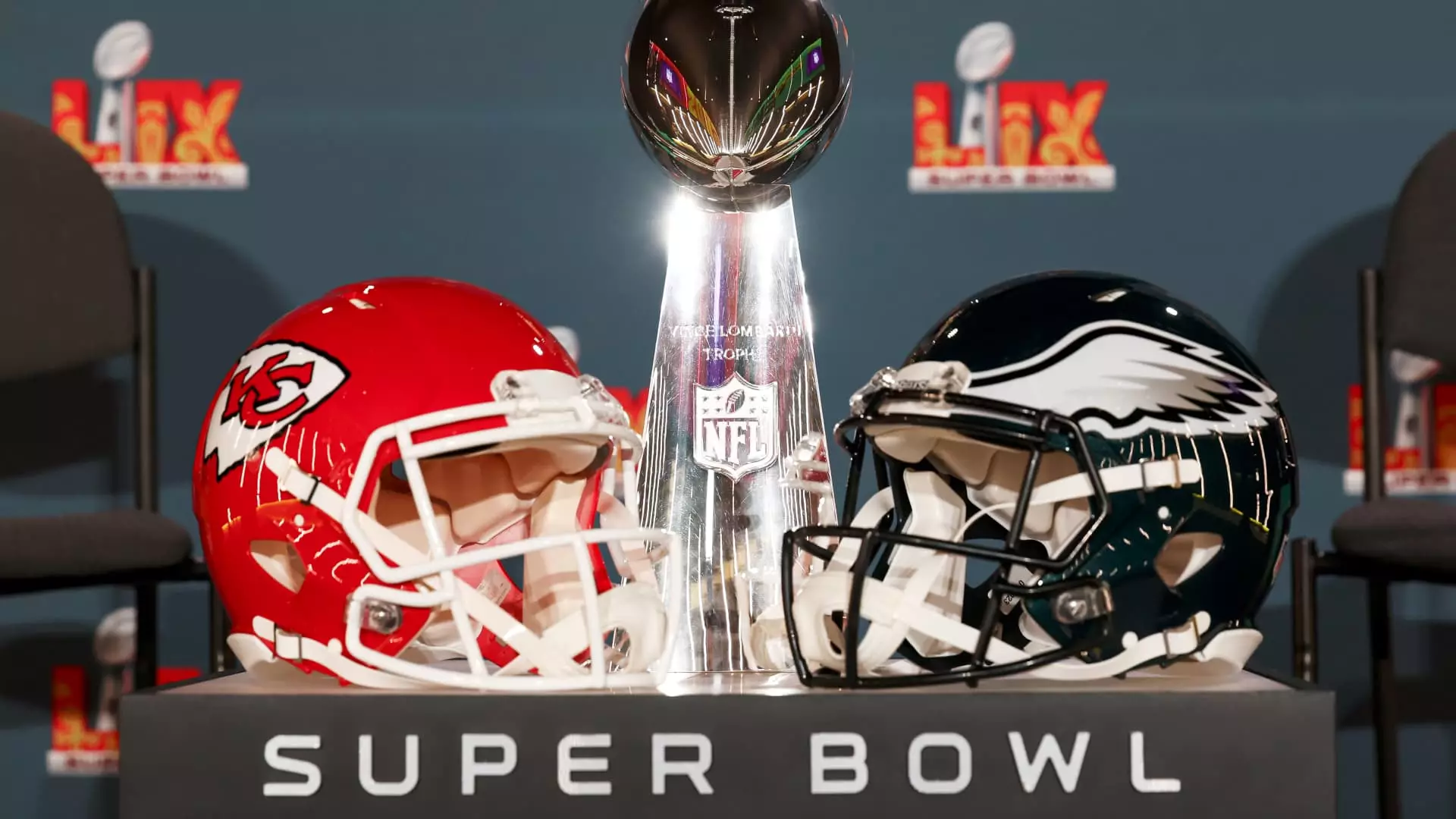The recent NFL crackdown on ticket reselling by players, coaches, and club employees unveils a level of hypocrisy that warrants critical scrutiny. While the league claims to champion integrity and fairness, its punitive measures seem more rooted in safeguarding lucrative revenue streams than genuinely protecting fan interests. Fining over 100 players and dozens of staff for reselling Super Bowl tickets highlights a troubling disconnect between the league’s rhetoric and its actions. The NFL portrays itself as a guardian of the game’s sanctity, yet its response to ethical lapses functions more as a punitive tool than a sincere effort to uphold true fairness. The focus on fines and future purchasing bans suggests a desire to punish rather than rehabilitate, revealing a league that prioritizes profit and reputation over fostering a transparent, equitable environment for its community.
Bureaucracy and Double Standards
The league’s approach reveals a disturbing double standard. The fines, set at 1.5 times or twice the face value, seem excessive, especially considering the pervasive nature of resale markets historically driven by high demand for coveted tickets. Punishing players and staff financially, without addressing broader systemic issues that make resale lucrative, merely paper over deeper flaws in the event’s accessibility. Moreover, the impact on the individuals—many of whom might have been unaware of the full scope of their violations—raises questions about due process and fairness. This heavy-handed disciplinary response underscores how the league uses strict regulations as a shield to maintain control rather than a genuine effort to foster ethical behavior. Instead of cultivating trust, such tactics foster an environment of fear and compliance, not conviction.
Fan-Centric or Profit-Driven? An Ethical Dilemma
At its core, the NFL’s policy appears more as an exercise in self-preservation than a defender of fan rights. Fans, who often endure exorbitant ticket prices and limited access, deserve transparency and equitable treatment. Yet, the league’s emphasis on punishing insiders involved in resale—often motivated by financial necessity—is problematic. It exposes a monopoly that controls access and profits, choosing to crush smaller-scale resale activities rather than address the root causes—namely, inflated ticket prices and limited supply. Such a stance might bolster league revenues temporarily, but it alienates genuine fans dedicated to experiencing the sport in a more authentic manner. The NFL’s heavy-handed policies risk reiterating the cycle of elitism and exclusivity, where access is a privilege reserved for the select few, not a right for the passionate masses.
Looking Beyond the Future: A Call for Ethical Reform
As the NFL prepares for Super Bowl 60, one cannot help but question whether these punitive measures will lead to meaningful change. Instead of fostering a culture of transparency and fairness, the league’s approach risks breeding a climate of suspicion and mistrust. True reform requires a nuanced understanding of the complex marketplace of ticket sales and resale, not just punitive legislation. The league needs to reevaluate its priorities—balancing financial interests with a genuine commitment to fan accessibility and fairness. Enforcing such draconian penalties, especially against those acting within the grey areas of a flawed system, may ultimately do more harm than good. A more thoughtful, ethical strategy—one that considers the realities faced by fans and insiders alike—would be a more constructive path forward, rather than simply retaliating against anyone daring to challenge the league’s rigid control.

